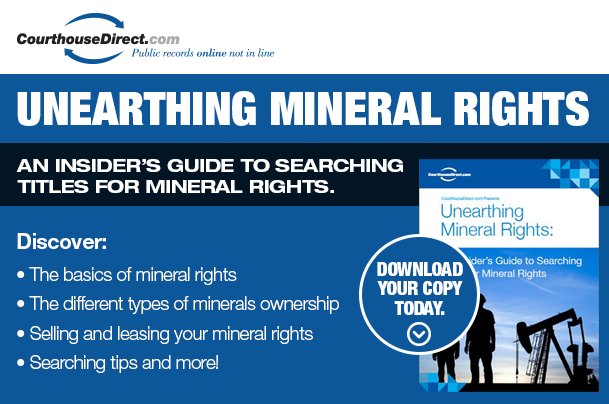
The processes by which "dry-land" mineral rights are distributed and exercised has been well-documented. In most American jurisdictions, a landowner who enjoys unadulterated ownership of his or her property has the right to dispose of the attributes and improvements on its surface as well as the minerals and energy sources that lie beneath it. If the landowner is unable to exploit this mineral wealth on their own, he or she is free to enter into leases with entities that are capable of doing so. Such leases have the potential to confer significant financial benefits on both parties.
Offshore mineral rights come with their own set of regulations, complications and caveats. This primer will explain the basic attributes of offshore mineral rights and the means by which offshore mineral wealth is distributed.
What Is "Offshore"?
The United States government adheres to an internationally accepted definition of the "offshore zone." 1994's Law of the Sea provides all sovereign countries with exclusive economic buffers that extend up to 200 nautical miles from their shorelines. Beyond the borders of these zones, international law takes precedence. Within these zones, countries are free to dispose of mineral resources as they see fit. Some countries do so through state-run mining and petrochemical concerns. In the United States, the Mineral Management Service enters into leases with private companies for the same purpose.
State and Federal Ownership
Within the United States, the lands within the offshore economic zone are divided between state and federal control. Most states enjoy full rights to improve or exploit "submerged lands" that lie within a three-mile radius of their shorelines. Due to a series of legal disputes that have their origins in its annexation, Texas enjoys the same rights over a broader radius of just over 10 miles. Since areas within the "Texas Gulf" have some of the country's richest offshore hydrocarbon deposits, this isn't simply an academic distinction.
Long-Term Leases
In much the same way that private landowners draw up leases with drilling and exploration companies, the state and federal entities that own offshore land may enter into private mineral extraction contracts to dispose of the underlying resources. Although these mineral leases can have fairly long terms that provide private energy companies with predictable streams of income, they're often quite lucrative for the government as well.
Near-shore leases that involve state governments provide royalty streams that states can use without restriction. "Deeper" leases that involve the federal government create royalty streams for the Mineral Management Service. In accordance with the Federal Oil and Gas Royalty Management Act and the Outer Continental Shelf Deepwater Royalty Relief Act, this agency divides up its revenues among various state and federal entities that pursue environmental mitigation and economic development in energy-producing regions.
Environmental Concerns and State-Specific Policies
Widespread environmental concerns about offshore drilling practices have produced a hodgepodge of state and federal regulations that govern the industry. Over the years, the Coastal Zone Management Act, the Clean Water Act and the Endangered Species Act have all played a role here. In addition, state and federal law explicitly bans new drilling facilities in specific offshore areas like coastal California and the Virginia Tidewater. What's more, "leasing moratoriums" curtail the government's ability to enter into new exploitation contracts in specific areas. At the moment, the areas covered by these moratoriums include:
- The eastern Gulf of Mexico
- The entire California coast
- The northern Aleutian Basin near Alaska
- The entire mid-Atlantic and New England regions
The concept of offshore mineral rights might not seem immediately relevant to the everyday lives of regular landowners, but it has important political and economic implications that can't be ignored. Since public and private policies that govern the offshore region of the United States are constantly subject to change, it's important to keep a close eye on this interesting area of economic law.





















